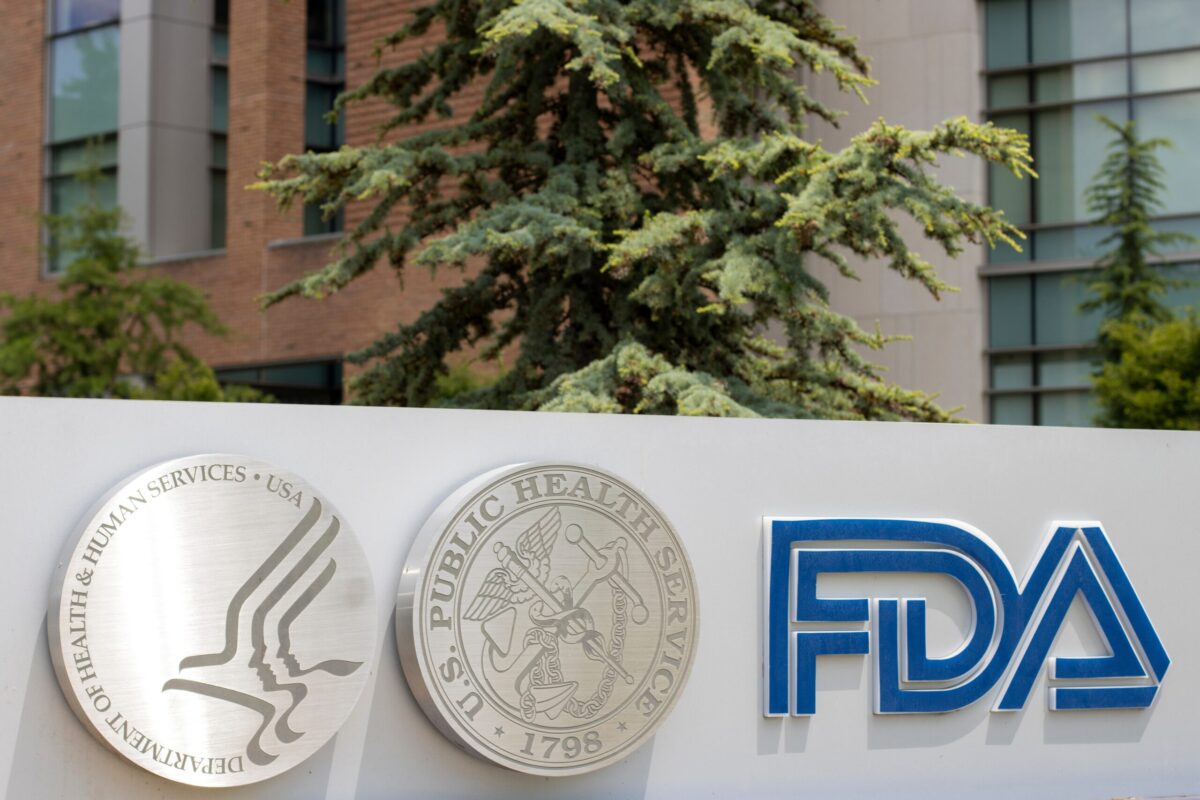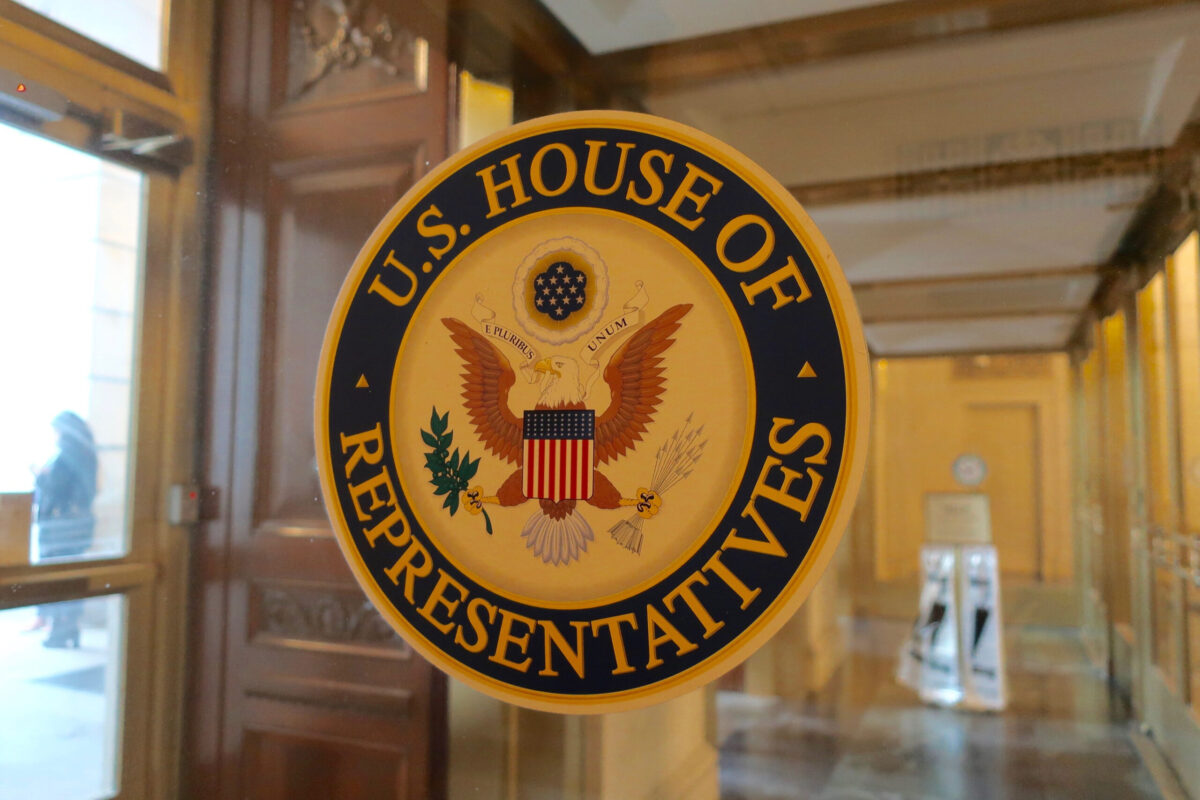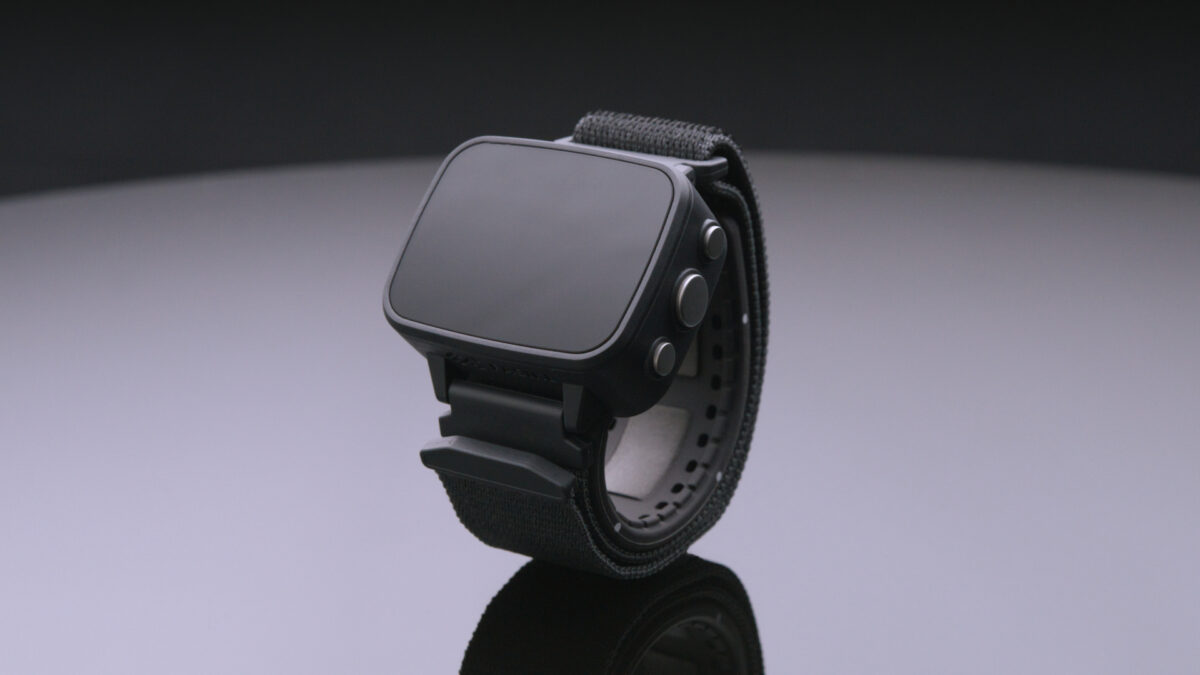Update (September 22, 2021): The FDA has authorized a booster dose of Pfizer-BioNTech’s COVID-19 vaccine for three specific populations:
- People 65 years of age and older
- Those between 18 and 64 years of age who are at high risk of severe COVID-19
- Individuals 18 to 64 years of age who are at high risk of occupational and/or institutional exposure to the coronavirus
The FDA’s decision is based on data that Pfizer-BioNTech submitted to the agency this month as part of its booster application, as well as recommendations from the FDA’s independent vaccine advisory committee, VRBPAC.
“After considering the totality of the available scientific evidence and the deliberations of our advisory committee of independent, external experts, The FDA amended the EUA for the Pfizer-BioNTech COVID-19 Vaccine to allow for a booster dose in certain populations such as health care workers, teachers and day care staff, grocery workers and those in homeless shelters or prisons, among others,” acting FDA Commissioner Dr. Janet Woodcock said in a statement from the agency.
The agency said that the known and potential benefits of a booster dose outweigh the known and potential risks in the populations that a booster dose is being authorized for use in.
The booster dose is to be administered to individuals at least six months after completion of the initial two-dose vaccine series.
This isn’t the final verdict on boosters though, as the CDC will debate third doses in a two-day meeting that commenced Wednesday, with a vote to take place on Thursday on the FDA’s proposal.
Update (September 20, 2021): On Friday, the FDA’s Vaccines and Related Biological Products Advisory Committee (VRBPAC) voted 16–2 against a proposal for distribution of boosters of Pfizer/BioNTech’s COVID-19 vaccine to the general public (individuals 16 years and older), but unanimously recommended a third dose for those 65 years and older, as well as other high risk and vulnerable individuals. The latter includes people with diabetes, obesity, heart disease and other comorbidities.
While the US regulator is not obligated to follow the advice of the advisory panel, it tends to abide by committee decisions more often than not. The FDA’s final decision on the COVID-19 vaccine booster doses is expected to come later this week.
The nonbinding decision by the VRBPAC may put the brakes on the Biden administration’s plans to begin offering booster shots to the public as early as this week. Meanwhile, the CDC has a two-day meeting coming up this week to discuss plans to distribute third shots of the Pfizer COVID-19 vaccine in the country.
Originally published on September 16, 2021:
Despite COVID-19 vaccine booster doses being offered to the general public in places like the UK and Israel, the US Food and Drug Administration (FDA) remains tight-lipped on the subject and has yet to take a formal stance. But a decision on Pfizer-BioNTech’s booster application is highly awaited and the federal regulator is set to meet next week to deliberate it.
Ahead of the meeting, the FDA’s Vaccines and Related Biological Products Advisory Committee (VRBPAC) — an independent panel of scientific experts — will meet on Friday to offer recommendations to the agency. And although the FDA has indicated over the past several months that COVID-19 vaccine boosters may not be needed, FDA scientists acknowledged yesterday that a third dose can improve immune responses based on briefing documents Pfizer-BioNTech submitted to the agency ahead of the VRBPAC meeting. The documents include the latest data from trials evaluating boosters, as well as real-world data from countries like Israel, which was the first to implement a booster program.
While FDA staff said the booster dose met pre-specified conditions set by the agency to show that it was generating an immune response, it said licensure for the boosters should also take into account the ability to prevent hospitalization and death, as well as the dynamics of the pandemic in the US.
This as the Biden administration is expected to announce offering of boosters to the general public this month, with plans to administer 100 million boosters beginning September 20. It is expected that the FDA will come through with concrete recommendations on additional doses by then.
The increasing interest in, and potential need for, a supplemental COVID-19 shot comes amidst rising concerns of the more infectious Delta variant of SARS-CoV-2, which is currently the dominant coronavirus strain in the US. The variant has led to surges of the infection in many parts of the country with increases in hospitalizations and deaths. Globally, about 88 percent of COVID-19 cases are from the Delta family.
As the FDA works to reach a formal decision on boosters, two senior FDA officials, Dr. Marion Gruber, director of the Office of Vaccines Research and Review at FDA’s Center for Biologics Evaluation and Research, and Dr. Philip Krause, deputy director of the office, stepped down earlier this month. The two were the agency’s top vaccine reviewers and retired from their roles. Dr. Gruber will depart on October 30 and Dr. Krause will leave in November, according to CNN.
Related: FDA Authorizes COVID-19 Vaccine Boosters for Immunocompromised Individuals
In the briefing documents released ahead of Friday’s meeting, FDA staff members said it is still unproven that the efficacy of Comirnaty, the commercial name of the Pfizer-BioNTech COVID-19 vaccine (BNT162b2), is declining and that immunity wanes over time.
“Some observational studies have suggested declining efficacy of Comirnaty over time against symptomatic infection or against the Delta variant, while others have not,” they said in the document. “However, overall, data indicate that currently US-licensed or authorized COVID-19 vaccines still afford protection against severe COVID-19 disease and death in the United States.”
However, in one of the briefing documents submitted to the FDA, Pfizer cites data from Israel and the US and says that in the context of the Delta variant, protection against COVID-19 infection wanes approximately six to eight months following the second dose of their vaccine.
Based on this and data from a study conducted by Kaiser Permanente in Southern California, they say that the drop in effectiveness is likely due to the waning effectiveness over time and not because of Delta evading the immune response made possible by the vaccine because effectiveness against Delta was more than 90 percent early on.
According to the Kaiser data, the efficacy of the vaccine at preventing infection with the Delta variant dropped from 93 percent for those vaccinated less than one month to 53 percent for those vaccinated more than four months ago. For other variants, there was a 30 percent drop, from 97 percent to 67 percent. The vaccine still stood up well against hospitalizations, reducing those numbers by 93 percent among Delta cases.
Pfizer also shared data from its own clinical trials, which show that the vaccine’s efficacy fell by about six percent every two months after the second dose. In addition, there was a higher incidence of breakthrough COVID-19 cases in trials among people who received their shots earlier.
Based on this, Pfizer concludes that, “The totality of the available data supports the public heath need for a booster (third) dose of BNT162b2 at approximately six months after the second dose of BNT162b2 for individuals 16 years of age and older.”
In addition, the US drug giant said that in a trial of 300 participants, a third dose generated a better immune response than the second. It also cited real-world data from Israel’s recently implemented booster program showing that a third dose restores high levels of protection.
Many have been skeptical of Pfizer’s push for a third dose, which it began talking about in early spring of this year. It also raises concerns of global vaccine equity, as developing countries continue to lag behind in vaccinations.
Last month, the FDA amended the emergency use authorizations (EUA) for Pfizer and Moderna’s mRNA vaccines to allow for the administration of an additional dose of the vaccines for immunocompromised individuals.
Moderna filed its COVID-19 vaccine booster dose application for the general public just last week, so it won’t be able to join Pfizer in third-dose vaccine campaigns that may begin next week.
And so far, Johnson & Johnson has not provided any guidance about booster plans for its vaccine. In August, the company said it was evaluating booster data and working with regulatory authorities on the matter, with no timelines given for when a potential second dose of its current one-dose shot could be made available.
Many vaccines are administered as a three-dose series, so a third shot of a COVID-19 does not come as a surprise. Shots against Hepatitis A and B and even the human papilloma virus (HPV) all require a three-dose regimen, depending on the vaccine. Perhaps COVID-19 vaccine makers should have closely evaluated and adopted a three-dose regimen earlier on to avoid potential confusion, as the late introduction of boosters may contribute to increases in vaccine hesitancy.











Join or login to leave a comment
JOIN LOGIN